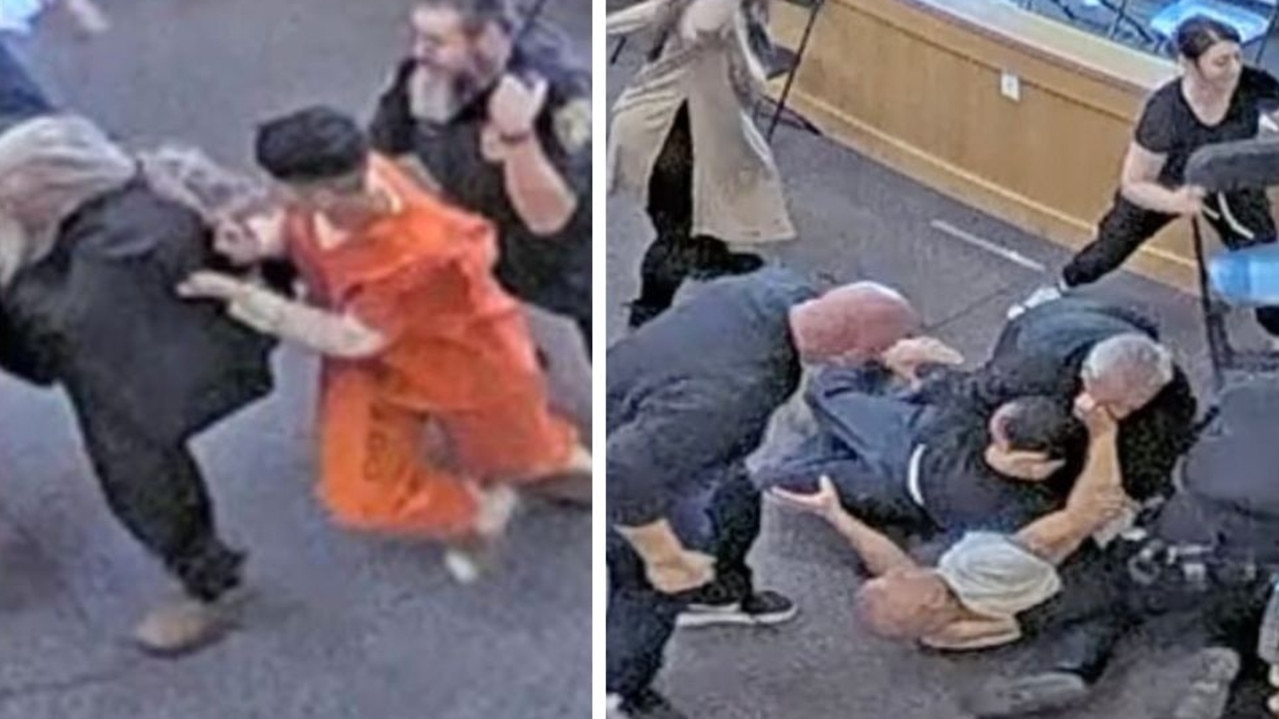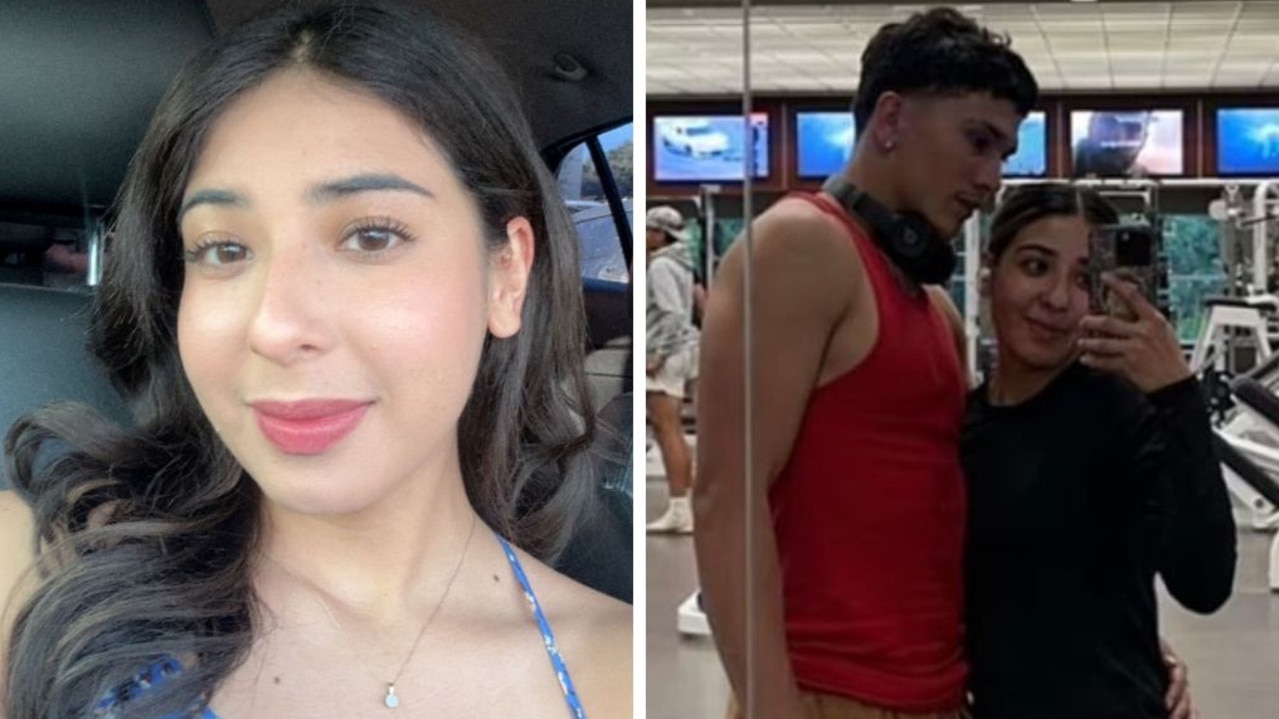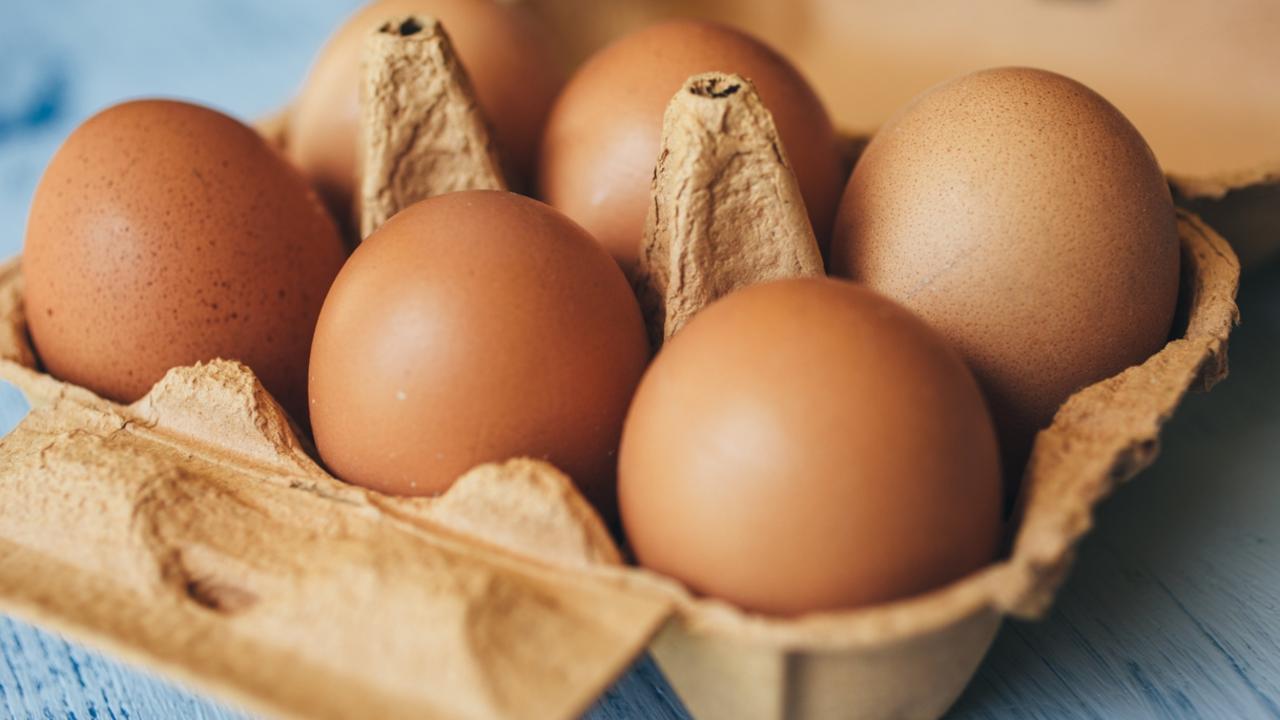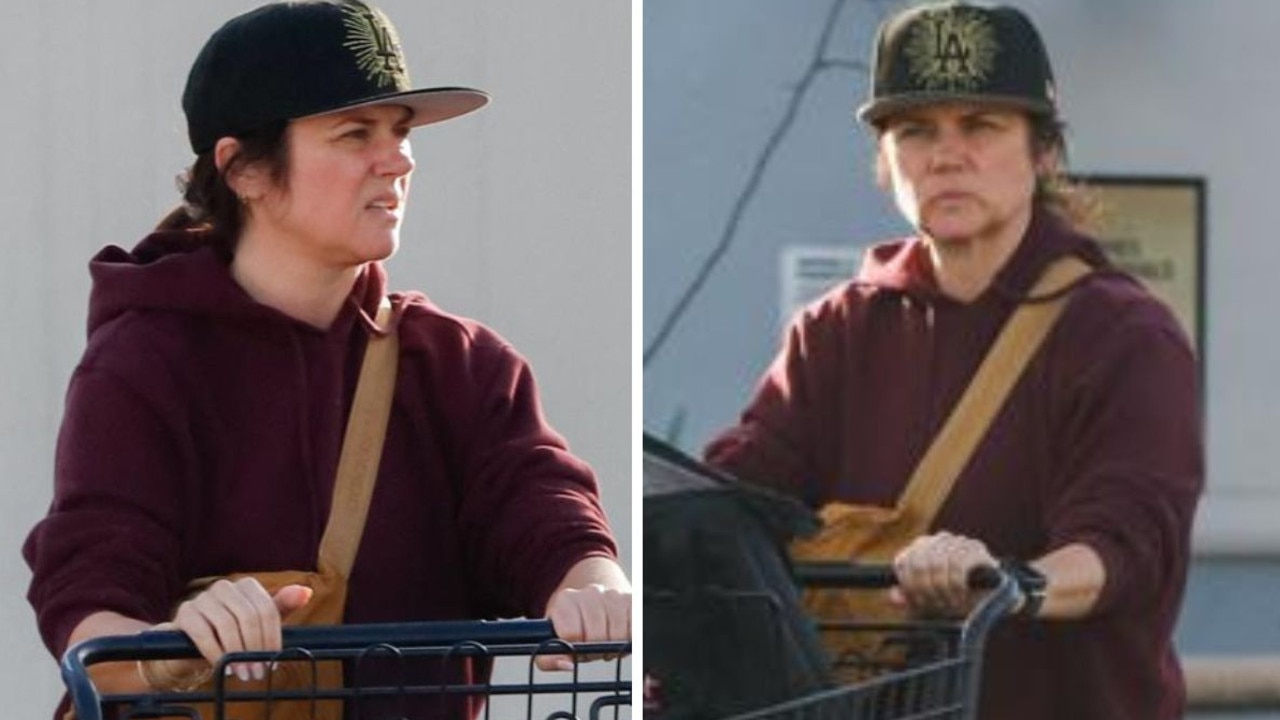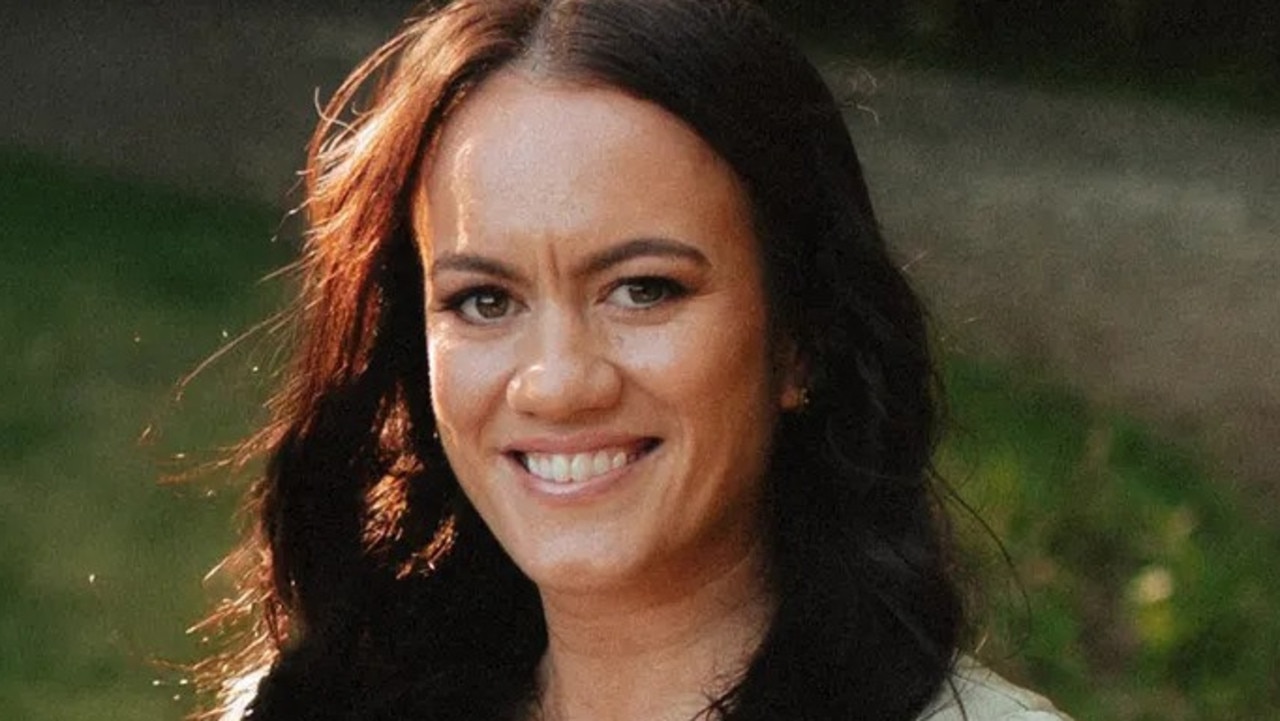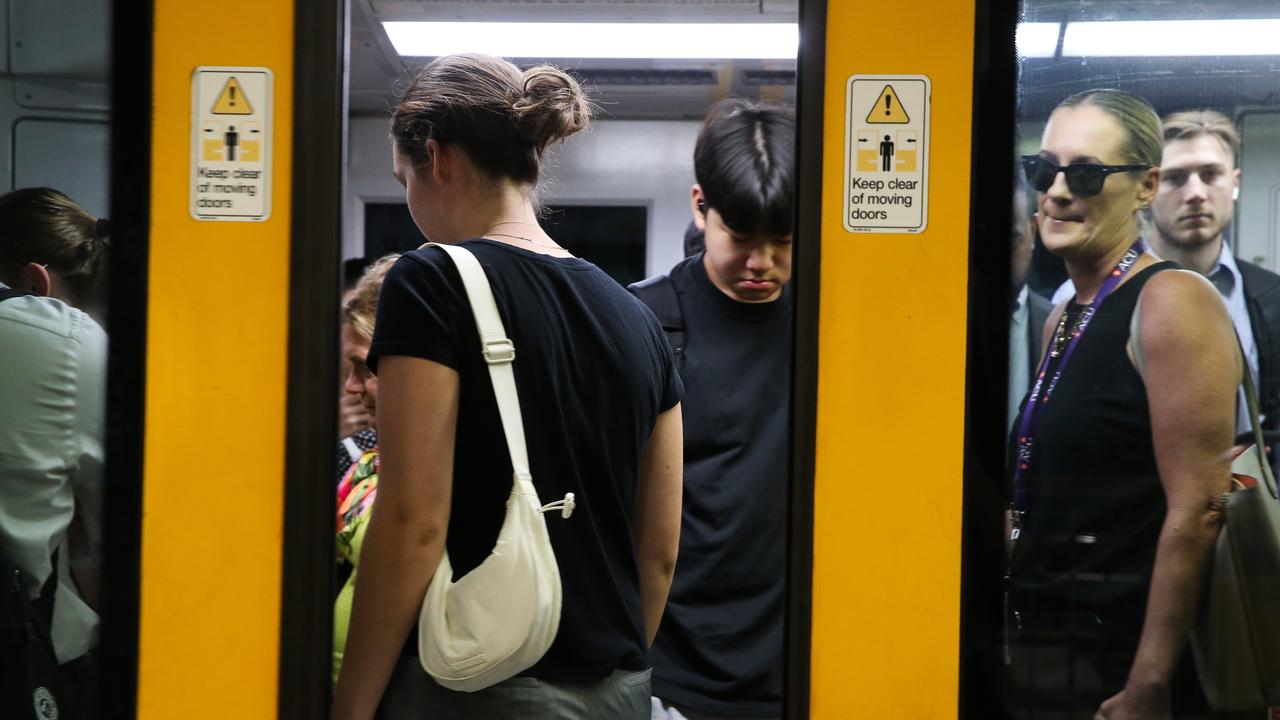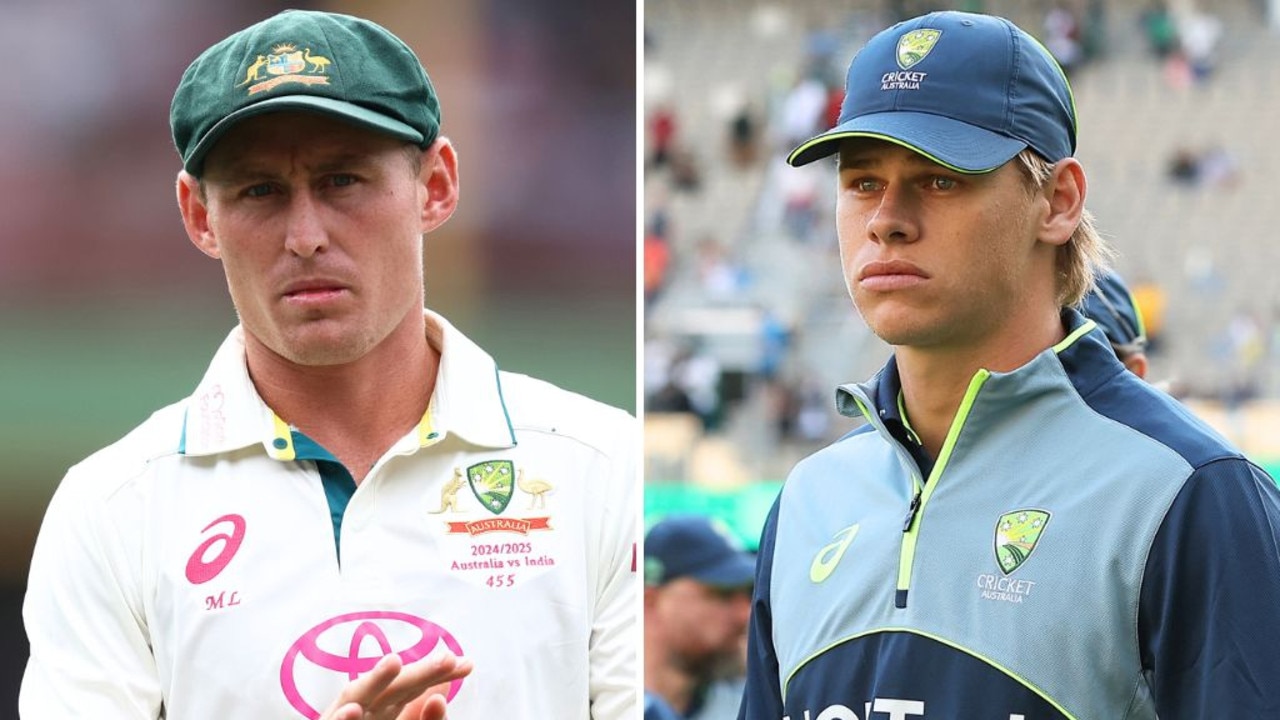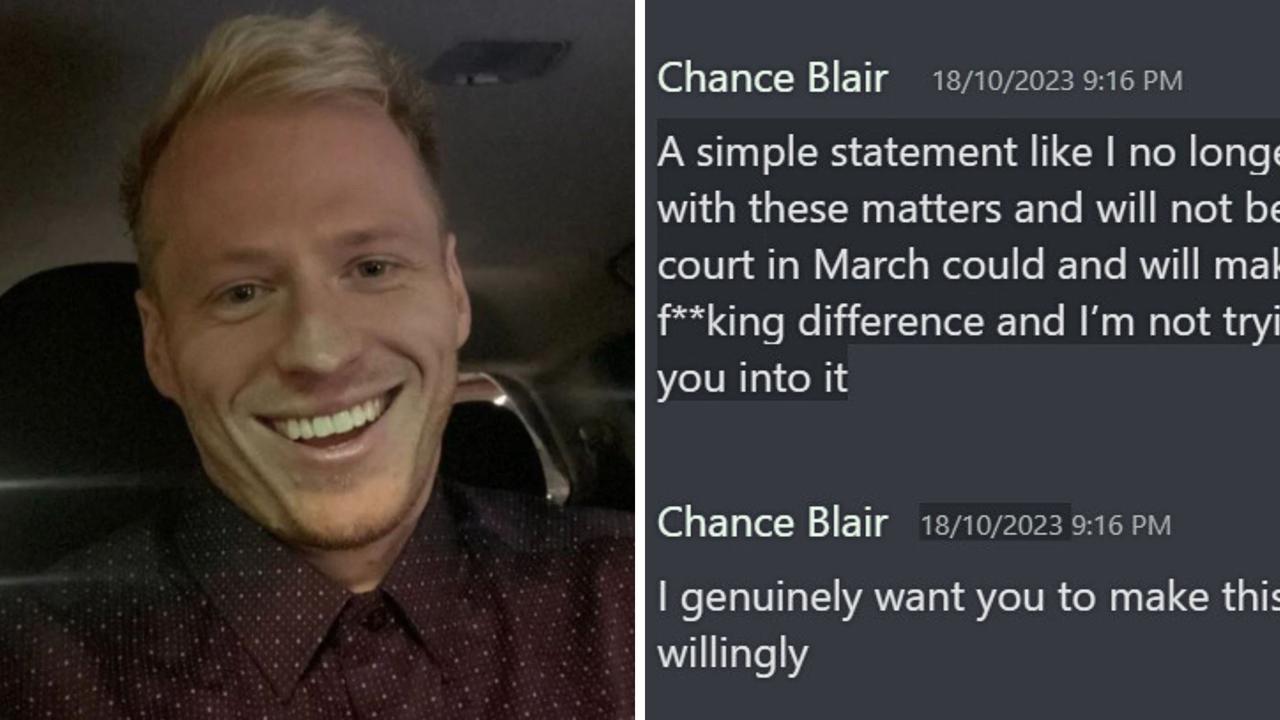Crossbenchers demand increase in social welfare payments ahead of federal election
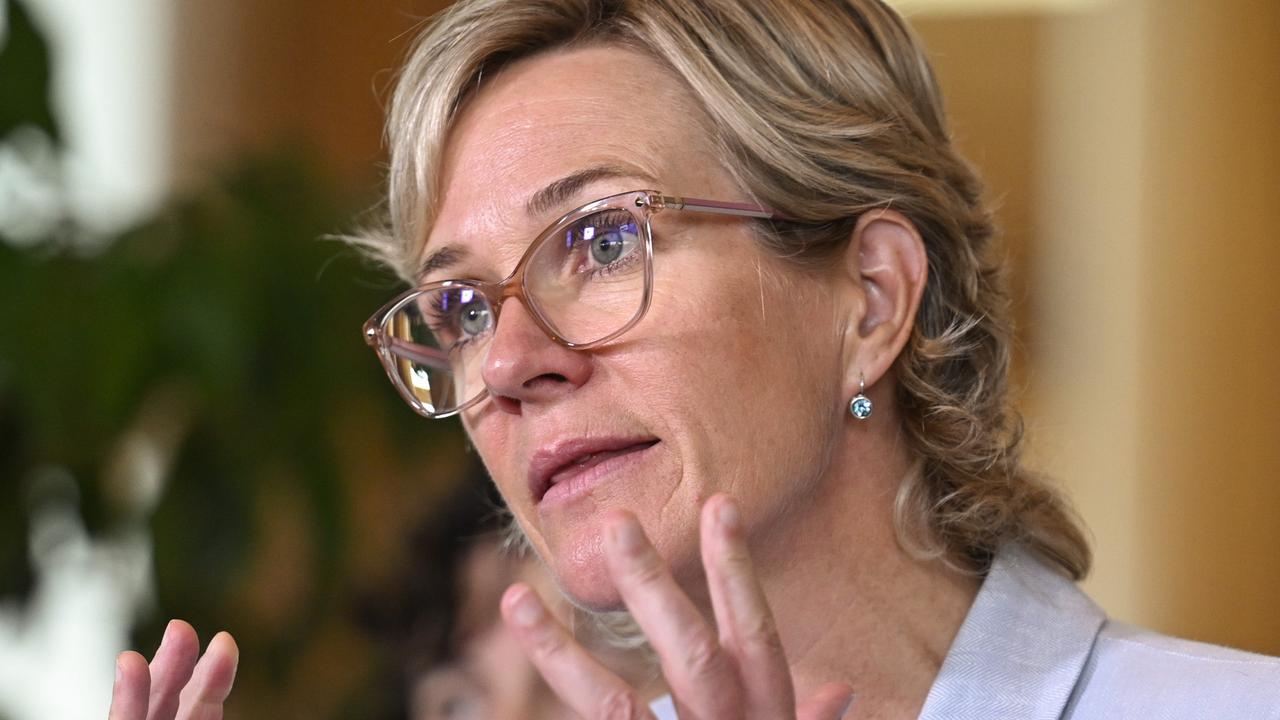
Influential crossbenchers have declared that increases to social welfare payments will be a key priority in their decision to support either major party in the event of a hung parliament following this year's federal election.
The latest Newspoll, conducted on January 26, showed Labor trailing the Coalition by 49 points to 51.
While Anthony Albanese remains the preferred Prime Minister at 44 per cent, Peter Dutton gained three points to 41, with 15 per cent of respondents undecided.
If either major party is unable to win a straight majority of 76 seats or more, they will need the support of the crossbench to guarantee supply in order to form a government.
On Wednesday, prominent independents, including Teal MPs Zali Steggall, Kate Chaney, and Monique Ryan, plus Indi MP Helen Haines, David Pocock, Greens MP Penny Allman-Payne, and rebel Liberal MP Bridget Archer, called on both sides of politics to boost JobSeeker and the Youth Allowance payments, which are set at just $56 and $47 a day.
The push was made by the Australian Council of Social Service (ACOSS), who stated that social support needs to be increased to at least $82 a day so vulnerable Australians can meet the rising cost-of-living pressures.
Ms Steggall, who holds the Sydney seat of Warringah on a safe 11 per cent margin, noted that the promise to boost welfare will form a key part of negotiations with either Labor or the Coalition.
"A key focus for me going into this election and my commitment to my community is to work hard in ensuring the safety of the most vulnerable in our community," she said.
"If I have the honour of being returned to this place to represent Warringah, it will be a priority that fiscal responsibility and priorities are in place by whoever wants to form government, and that means meeting those basic needs before we provide diesel fuel subsidies to mining companies and give away resources."
Fellow independent Ms Chaney, who holds Curtin in Perth, stated that ensuring people can be pulled out of poverty is "pretty fundamental to living in a fair country."
"When I have community events and I ask, what sort of country do you want to live in, fair is one of the words that always comes out," she said.
"In the event of a minority government, I would be speaking to both sides if I'm re-elected, and looking at who actually will represent the values of my electorate the most."
"Bringing a million people back to a life of dignity by pulling them out of poverty, I think is pretty fundamental to living in a fair country."
Ms Haines mentioned that while no MP is guaranteed re-election, boosting social welfare payments is a major concern.
"If I have the privilege of representing the people of Indi, the voice from my electorate is very clear, we need to raise the rate in a minority government situation."
"There are many opportunities in the minority government to make a difference, to push whoever is in power to finally bring people out of poverty."
"It will be one of my priorities if I'm re-elected to this place, to continue to work on this issue."
ACOSS chief executive Cassandra Goldie urged all politicians across the political spectrum to increase the rates, stating that current payments have been "grossly inadequate" for far too long.
"If there is a debate about who is to form the next government ... fixing the adequacy of JobSeeker is the first order of business in the first sitting of the next parliament," she asserted.
"I don't want you to underestimate the number of people that you meet every day who are desperately trying to pull it together, often relying on income support."
"I'm sure there will be questions about 'can we afford to do this,' my clear message ... today is, we cannot afford not to do this."
